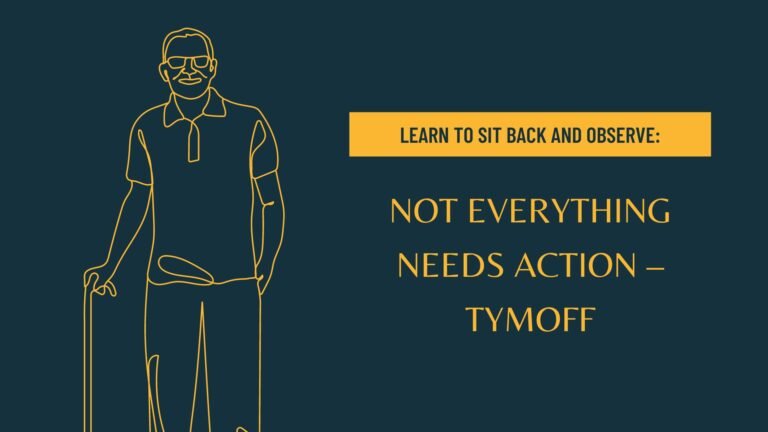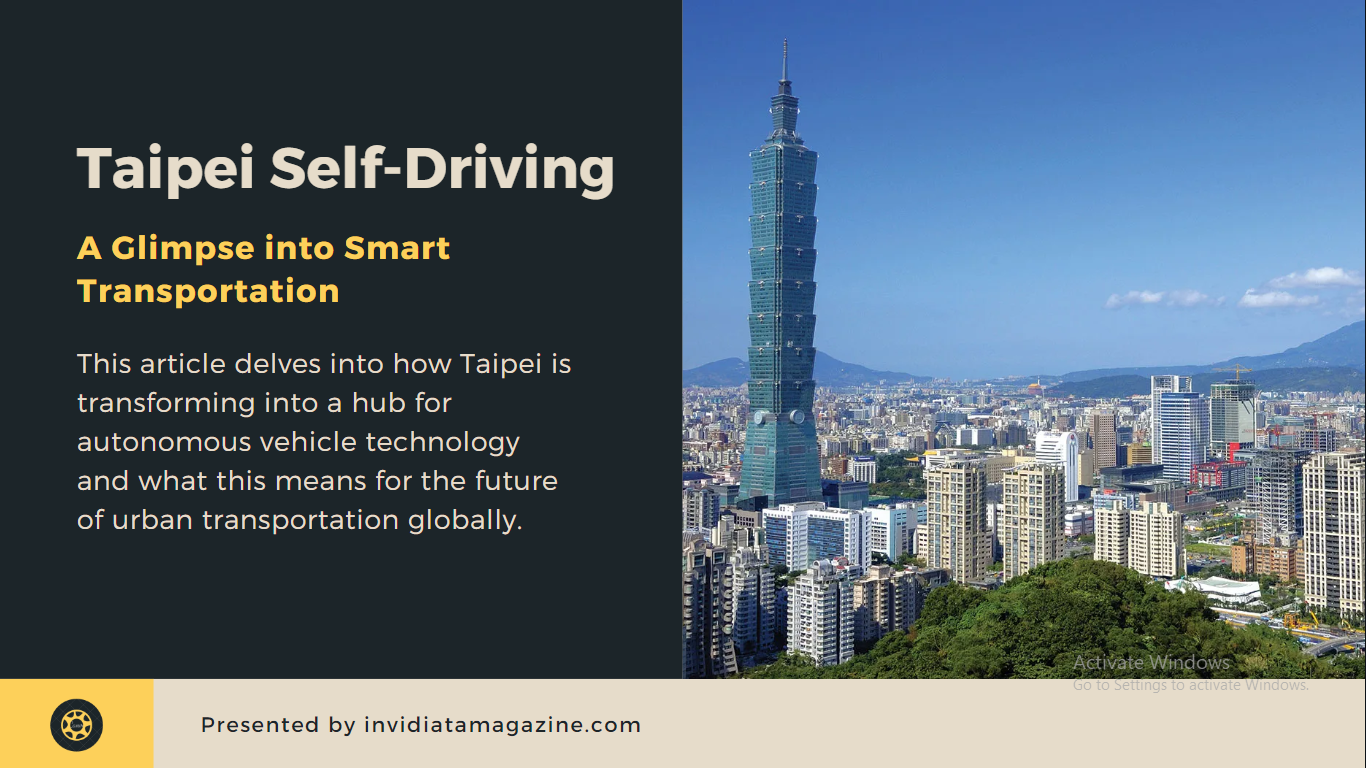Learn To Sit Back and Observe. Not Everything Need – Tymoff
In the fast-paced world we live in, the urge to react swiftly and decisively can be overwhelming. The digital age bombards us with information, opinions, and events that seem to demand our immediate attention and response. However, there’s immense wisdom in the simple practice of learning to sit back and observe. Not everything needs action – Tymoff’s principle is a reminder that sometimes, the best course of action is inaction.
Also Read: The 1982 Movie Poltergeist Used Real Skeletons as – Tymoff
The Art of Observation
Learning to sit back and observe is an art that can transform how we interact with the world. It involves pausing, taking a step back, and giving ourselves the space to understand situations fully before jumping to conclusions or decisions. This approach is particularly beneficial in both personal and professional settings.
In personal relationships, for instance, misunderstandings often arise from hasty reactions. By observing before responding, we allow ourselves to see the bigger picture, understand the other person’s perspective, and respond more thoughtfully. This can lead to more meaningful and less conflict-prone interactions.
Professional Benefits
In the workplace, the ability to sit back and observe can be a powerful tool for effective leadership and decision-making. Leaders who practice observation can better understand the dynamics of their teams, identify potential issues before they escalate, and make more informed decisions. This approach fosters a culture of patience and careful consideration, which can be crucial for long-term success.
Moreover, in today’s world of constant change and innovation, businesses can benefit from adopting Tymoff’s principle. By not rushing into every new trend or idea, companies can carefully evaluate the potential impact and sustainability of new initiatives. This measured approach can prevent costly mistakes and ensure that resources are invested wisely.
The Power of Inaction
It may seem counterintuitive, but inaction can sometimes be the most powerful action. When faced with a challenging situation, the instinct to do something immediately can be strong. However, taking a moment to sit back and observe can provide clarity and reveal solutions that might not have been apparent initially.
For instance, in negotiations, silence and observation can be powerful tools. They allow you to gather more information, understand the other party’s position, and craft a more effective response. Similarly, in creative endeavors, taking a step back can provide the mental space needed for inspiration and innovation to flourish.
Also Read: Self-Control is Strength. Calmness is Mastery. You – Tymoff
Embracing Tymoff’s Principle
To truly embrace the principle that not everything needs action – Tymoff encourages us to cultivate mindfulness and patience. Mindfulness helps us stay present and fully engaged with the moment, while patience allows us to wait for the right time to act. Together, these qualities enable us to navigate life’s complexities with greater wisdom and composure.
Incorporating this mindset into daily life can start with simple practices. Begin by setting aside time each day for reflection, whether through journaling, meditation, or simply sitting quietly. Pay attention to your impulses and practice delaying immediate reactions. Over time, you’ll find that this approach leads to more thoughtful and effective actions.
Conclusion
In a world that often glorifies constant action and quick responses, learning to sit back and observe stands as a powerful counterbalance. Not everything needs action – Tymoff’s principle teaches us that sometimes, the best way forward is to pause, observe, and wait for the right moment. By embracing this approach, we can enhance our personal relationships, professional effectiveness, and overall well-being. So next time you feel the urge to react, remember to take a step back and observe. You might be surprised at the clarity and wisdom it brings.

Daniel J. Morgan is the founder of Invidiata Magazine, a premier publication showcasing luxury living, arts, and culture. With a passion for excellence, Daniel has established the magazine as a beacon of sophistication and refinement, captivating discerning audiences worldwide.





